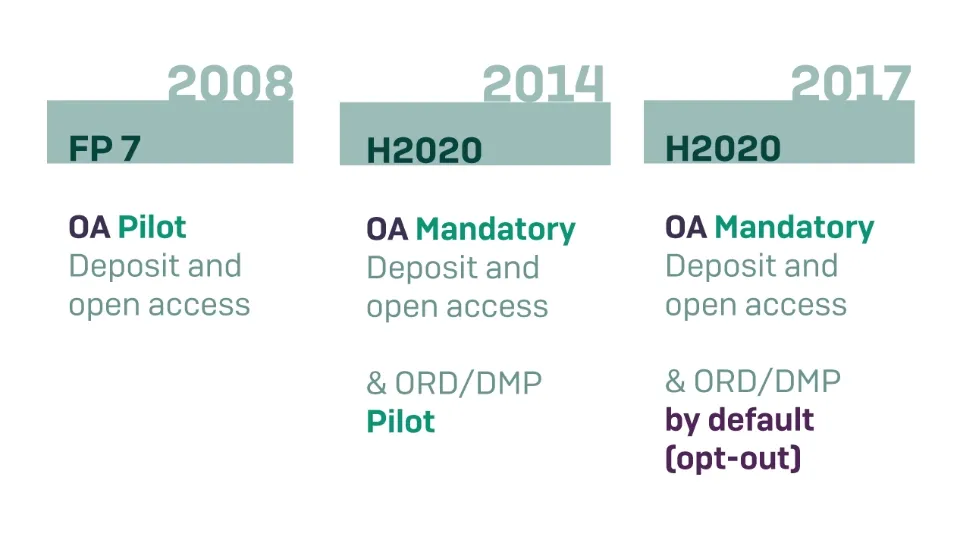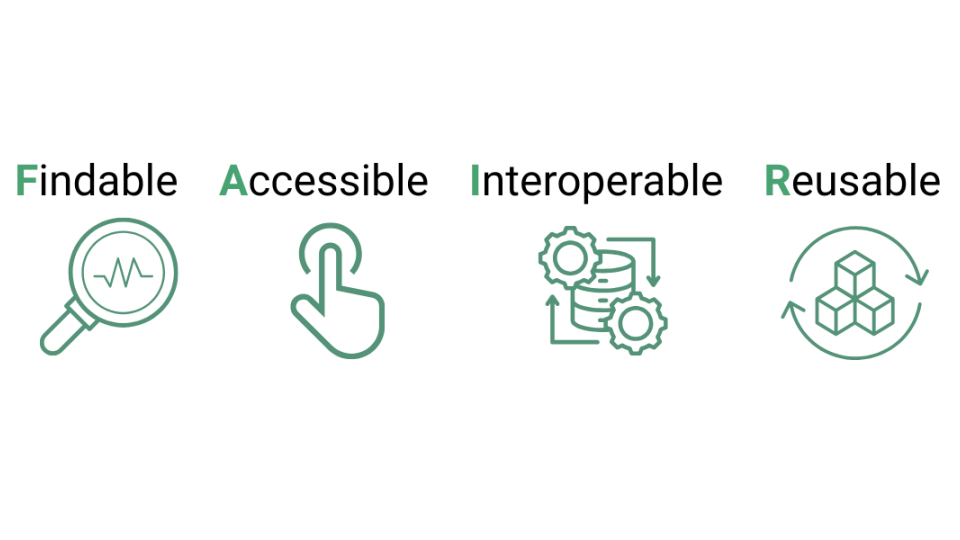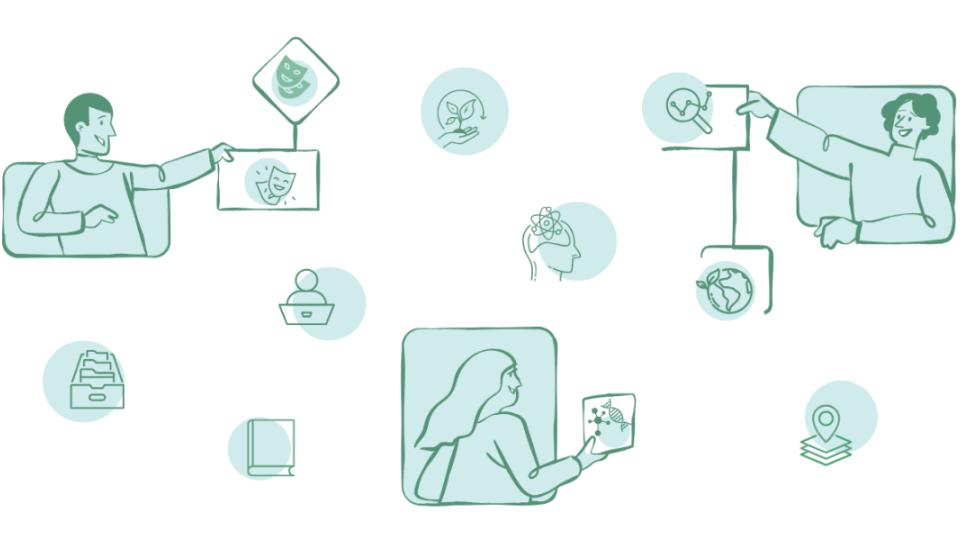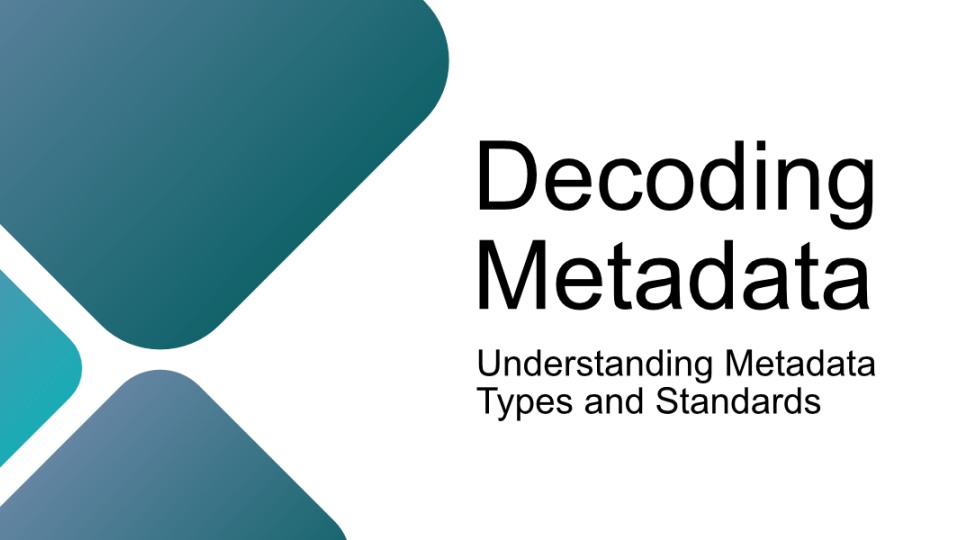When researchers are involved in their first proposal within the European framework research programme, they often know little about Grant Agreements and their Open Access and Open Data requirements.
Here is a short overview of the Open Science Jargon in Horizon 2020.
Open Access in Horizon 2020
Open Access (of research publications) is not an option. It was optional in the preceding Framework Programme (FP7) as a pilot initiative.
Now, in Article 29.2 of the current General Model Grant Agreement (MGA), which sets the general rules for every H2020 project, “Each beneficiary must ensure open access (free of charge, online access for any user) to all peer-reviewed scientific publications relating to its results.”
- Whenever you decide to publish peer-reviewed articles (you can also decide to protect the results), these must be open access.
- You need to plan a sufficient budget for open access publishing in the H2020 proposal.
- During the project, you need to decide if you publish your article in an open access journal (“gold“ path) or through a repository (self-archiving, „green“ path), either with or without embargo.
Open Data in Horizon 2020
Open Data means open access to research data in Horizon 2020.
Open access to your research data is still an option in Horizon 2020, within the frame of the extended Open Research Data Pilot. Officially, there are no consequences for the evaluation if you opt-out. However, in your proposal, you would still need to describe how you will manage your research data.
If you opt-in, there are two main formal implications.
- You will have an additional article 29.3 in your Grant Agreement.
- You commit to writing a Data Management Plan (DMP) within the first 6 months of your project as a project deliverable, and you also commit to regularly updating it. Fortunately, DMP templates are now provided. You can find interesting examples and helpful information in DMP online.
During the ongoing project, you need to put your data in a repository according to FAIR principles (see below). So far, the European project OpenAIRE is the right place to get the information on repositories, and Zenodo is so far the main repository by default.
You do not have to publish all your data: only data linked to your scientific publications, and only if it does not jeopardize the project’s main objective. Opening your data should follow the principle “as open as possible, as closed as necessary”.
What is FAIR? It means Findable, Accessible, Interoperable and Reusable data, and constitutes a set of principles guiding the Open Data sharing in H2020 projects since 2016. The Data Management Plan and its short description at the proposal stage should show how „FAIR“ project data will be.
In the next framework Programme Horizon Europe
The rules regarding Open Access and Open Data will be reinforced, as well as the support for researchers. “Fostering Open science” is an overall objective of the next framework programme. To this date (June 2020), it is not clear how the use of the European Open Science Cloud will be integrated into the programme.



